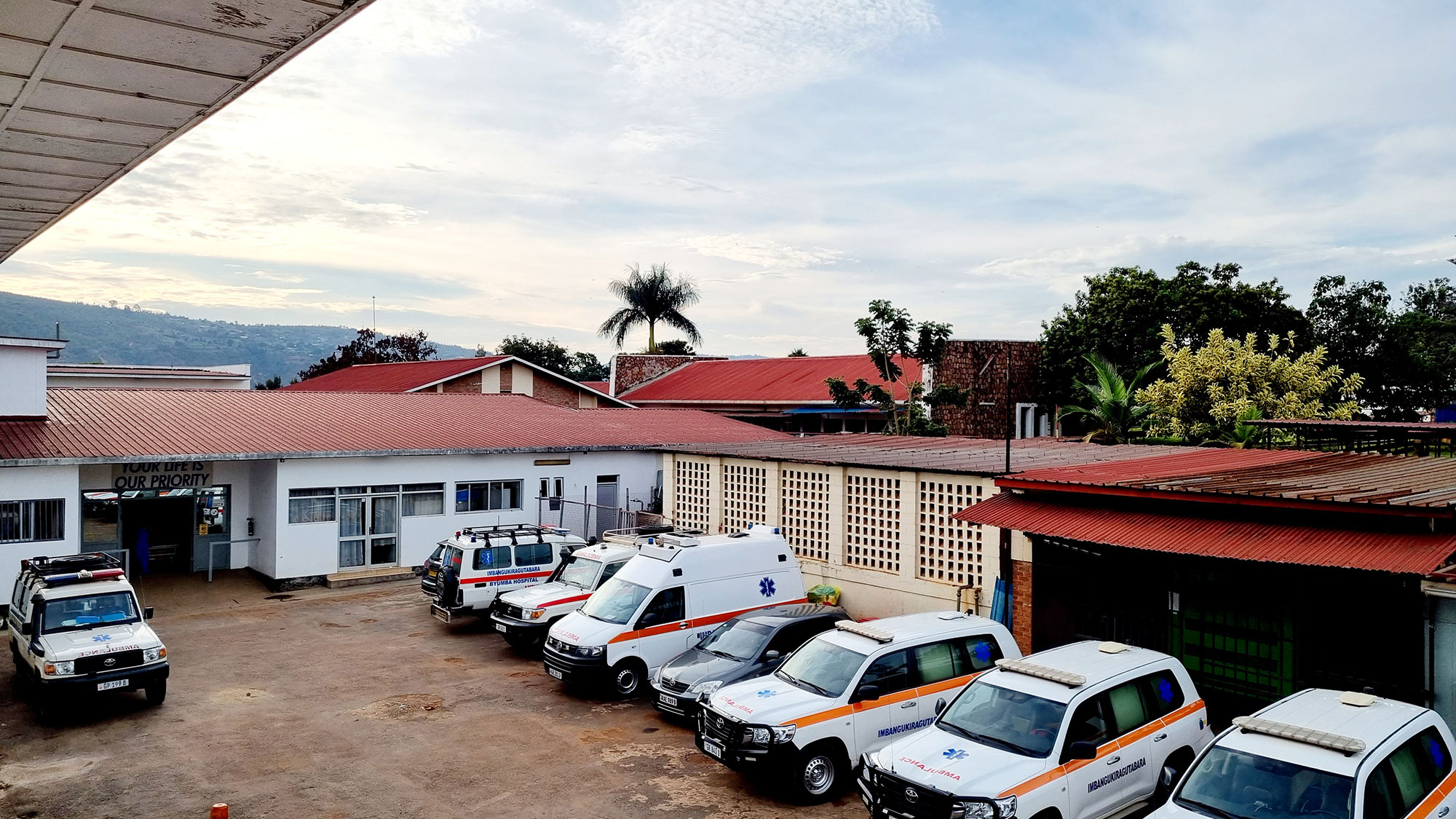The “golden hour”—the first 60 minutes after a major trauma—is often crucial to survival. But how golden that hour will be often depends on how swiftly emergency medical personnel can respond to the crisis, initiate life-sustaining care and get critically ill patients to the emergency room.
In the United States and other industrialized countries, this type of rapid response is virtually guaranteed. Unfortunately, that’s not true in much of the developing world, including Rwanda, a country in central Africa about the size of Maryland.
There are just 277 ambulances nationwide to service a population of nearly 13 million people. Kigali, the nation’s capital, has just eight of those ambulances and 60 EMS providers to care for roughly 1.5 million residents.

